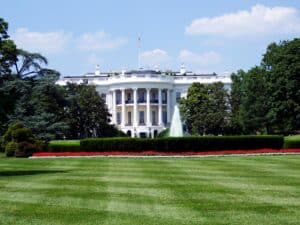Title: Bridging the Educational Gap: A Key to Addressing Global Inequality
In an ideal world, access to education would be a universal right, ensuring equal opportunities for all individuals regardless of their background. However, the reality paints a starkly different picture. As we delve into the depths of global issues, it becomes evident that the lack of access to education serves as both a symptom and a perpetuator of various societal challenges. From poverty and inequality to health disparities and gender discrimination, the barriers to education amplify existing inequalities and hinder progress on multiple fronts.
Education: A Catalyst for Change
Education stands as a powerful catalyst for social and economic development. It empowers individuals, uplifts communities, and drives sustainable progress. However, millions around the world are denied this fundamental right, primarily due to socio-economic factors, geographical location, gender biases, and cultural norms.
Poverty: A Vicious Cycle
At the heart of many global challenges lies the vicious cycle of poverty and lack of education. Impoverished communities often face limited access to quality schools, qualified teachers, and educational resources. As a result, children from these backgrounds are deprived of the opportunity to acquire essential knowledge and skills, perpetuating intergenerational poverty. Breaking this cycle requires targeted interventions that address not only educational barriers but also broader socio-economic disparities.
Gender Disparities: Empowering Women Through Education
Gender inequality remains a significant impediment to accessing education, particularly in regions where traditional gender roles prevail. Girls are disproportionately affected, facing barriers such as early marriage, cultural norms favoring boys’ education, and lack of access to menstrual hygiene facilities. By investing in girls’ education, societies can unlock their full potential, enhance workforce participation, and drive economic growth while fostering gender equality.
Health and Well-being: The Education-Health Nexus
Access to education plays a crucial role in promoting health and well-being on a global scale. Educated individuals are more likely to make informed decisions about their health, adopt healthy behaviors, and access healthcare services. Moreover, education equips individuals with the knowledge and skills to address pressing health issues, from disease prevention to maternal and child health. By prioritizing education as a public health intervention, countries can achieve significant advancements in population health outcomes.
Environmental Sustainability: Educating for a Greener Future
The challenges posed by climate change and environmental degradation underscore the importance of education in fostering environmental stewardship and sustainable development. Education enables individuals to understand the complexities of environmental issues, adopt eco-friendly practices, and drive innovation for a greener future. By integrating environmental education into school curricula and promoting awareness at all levels, societies can cultivate a culture of environmental responsibility and resilience.
Conclusion: Towards a More Equitable Future
Access to education lies at the heart of addressing global inequalities and tackling interconnected challenges. By prioritizing inclusive and equitable education systems, governments, NGOs, and international organizations can pave the way for a brighter and more prosperous future for all. It is imperative to recognize education not only as a fundamental human right but also as a potent tool for transformative change. Together, we can bridge the educational gap and build a more just, equitable, and sustainable world for generations to come.





